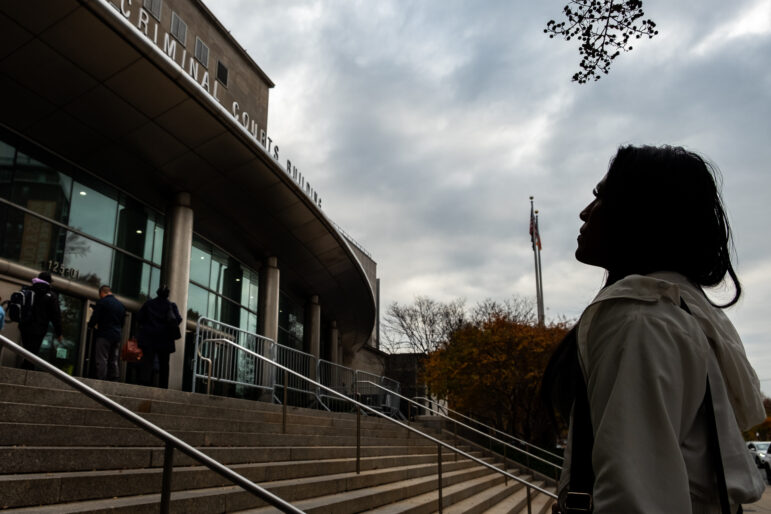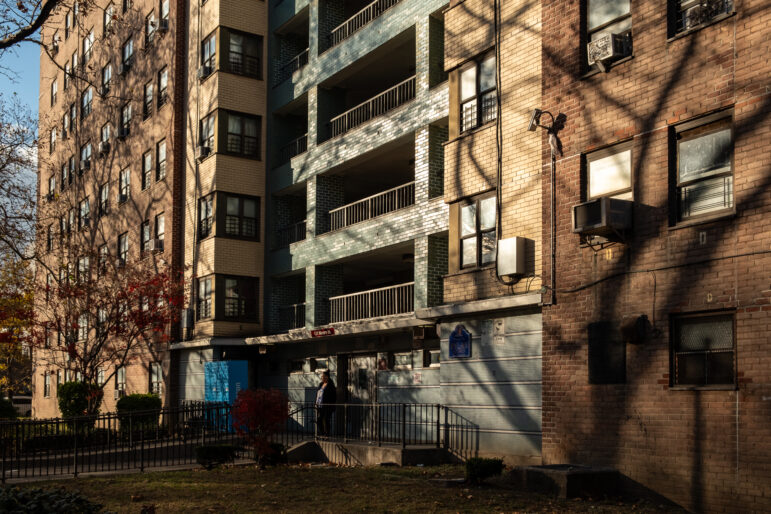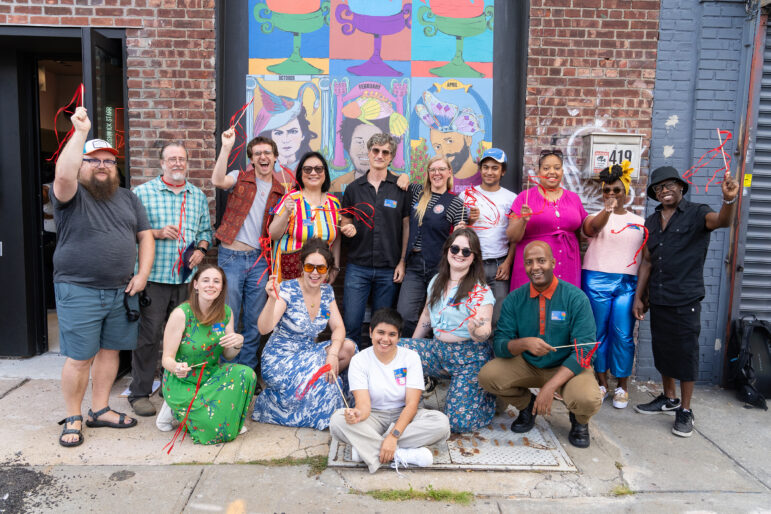J.C. has wanted to take her General Educational Development test since December. A learning disability has sometimes made school work tough, but the 19-year-old Bronx resident felt certain that with a few accommodations–some extra time to take the test and a calculator to help with the math–she would pass, and with her new degree find a job. So she applied with the state Department of Education to schedule the exam, and waited. And waited. And waited.
In May, she finally heard back, and was told she needed more forms. J.C. reapplied, and as of Friday she still did not have a test date. Last week, Advocates for Children, a non-profit youth advocacy group, filed a lawsuit in federal court in Brooklyn on behalf of J.C. and two other New Yorkers with disabilities who have been waiting as long as two years for the state to schedule their GED. Charging the Department of Education with violating the Americans with Disabilities Act, AFC asked that the court order the state to immediately schedule tests for its plaintiffs and to implement policy changes to prevent further scheduling delays. According to AFC, more than 950 students with disabilities statewide are now waiting for their exams to be scheduled. “Instead of the state helping these kids, they’re forcing them to put their lives on hold,” said Jill Chaifetz, AFC’s executive director.
Students with disabilities often seek special accommodations when taking standardized tests like the GED, SAT and state Regents: paraplegics, for instance, need voice recognition technology, while the learning-disabled need more time.
The Department of Education would not comment on the case, saying it had not had enough time to study the suit. But advocates hope the judge will enforce the letter of the law. “Delays in receiving federally required accommodations are unacceptable,” said James Wendorf, the executive director of the Manhattan-based National Center for Learning Disabilities. “We can’t expect students to perform successfully if we deny them access to the right tools.”








